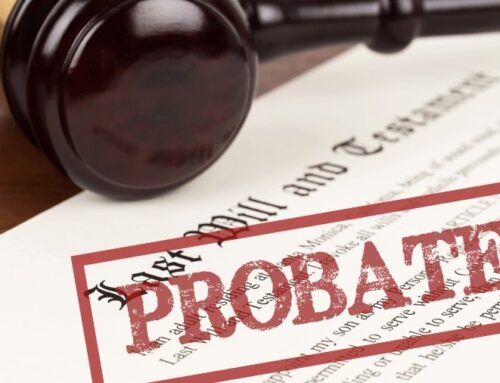Navigating the probate process can be a complex undertaking, and understanding how state laws influence probate sales is crucial for executors, beneficiaries, and potential buyers. Each state has its own legal framework governing the probate process, which can significantly affect how a property is sold. This blog will explore the impact of state laws on probate sales, helping you gain a clearer understanding of what to expect in your jurisdiction. You can learn by this blog that How to prepare a property for probate sale
Understanding State Laws and Probate Sales
1. Probate Overview
Probate is the legal process through which a deceased person’s estate is administered. It involves validating the will (if one exists), appointing an executor, paying debts and taxes, and distributing remaining assets to beneficiaries. The laws governing these processes can vary widely from state to state, impacting the probate sale of real estate.
2. Court Involvement
State laws dictate the level of court involvement in probate sales. In some jurisdictions, the sale of a probate property requires court approval before it can proceed. This often involves filing petitions and providing details about the proposed sale, including the selling price. Other states may have more streamlined processes, allowing executors to sell property without court intervention as long as they comply with specific regulations.
3. Disclosure Requirements
Different states have varying disclosure requirements for probate sales. Some states mandate that sellers disclose certain information about the property’s condition, any known issues, and whether the property is part of a probate sale. Understanding these requirements is essential, as failing to provide necessary disclosures can lead to legal disputes or delayed sales.
4. Valuation and Appraisal Procedures
State laws also govern how properties are valued and appraised in the probate process. In many jurisdictions, an independent appraisal is required to determine the fair market value of the property before it can be sold. Some states have specific guidelines for appraisers and may require them to follow certain methodologies, affecting how the property’s value is established.
5. Selling Price and Bidding Processes
In states where court approval is necessary, the court may require that the property be sold for a price determined by the appraisal or through a bidding process. This means that potential buyers might need to participate in auctions or submit sealed bids, adding complexity to the sale process. Understanding these procedures is crucial for both executors and buyers.
6. Rights of Heirs and Beneficiaries
State laws also influence the rights of heirs and beneficiaries during a probate sale. In some jurisdictions, all heirs must agree to the sale and the final selling price, while others may allow the executor to make decisions independently. Disputes among heirs can complicate the sale process, and understanding local laws can help in navigating these challenges.
7. Tax Implications
The tax implications of a probate sale can also vary by state. Some states may impose specific taxes or fees on the sale of inherited properties, while others might have exemptions. Executors should consult with tax professionals to understand the potential financial impacts of selling a probate property in their state.
Conclusion
State laws play a significant role in shaping the probate sale process, affecting everything from court involvement and disclosure requirements to valuation procedures and tax implications. For executors and beneficiaries, understanding these laws is essential for navigating the complexities of probate sales successfully. Consulting with legal and real estate professionals who are well-versed in local laws can provide valuable guidance and ensure a smoother transaction.
FAQs
Q: What is the primary role of an executor in a probate sale?
A: The executor is responsible for managing the estate, which includes selling any property in probate according to state laws and the terms of the will.
Q: Do all states require court approval for probate sales?
A: No, not all states require court approval for probate sales. Some states allow executors to sell property without court intervention, while others mandate a formal approval process.
Q: Are there specific disclosure requirements for probate sales?
A: Yes, disclosure requirements vary by state. Some states require sellers to disclose certain information about the property’s condition and history, while others may have different requirements.
Q: How is the property’s value determined in a probate sale?
A: Most states require an independent appraisal to establish the fair market value of the property. The appraisal must often comply with state regulations regarding valuation methods.
Q: What happens if heirs disagree on the sale of the property?
A: Disagreements among heirs can complicate the sale process. Some states may require all heirs to agree on the sale, while others may allow the executor to make the final decision, depending on local laws.
Understanding the impact of state laws on probate sales is essential for ensuring compliance and achieving a successful transaction. By staying informed and seeking professional guidance, you can navigate the probate sale process with confidence.
Talk to Us: “Fill out our form or call us directly. We’re looking forward to connecting!”











